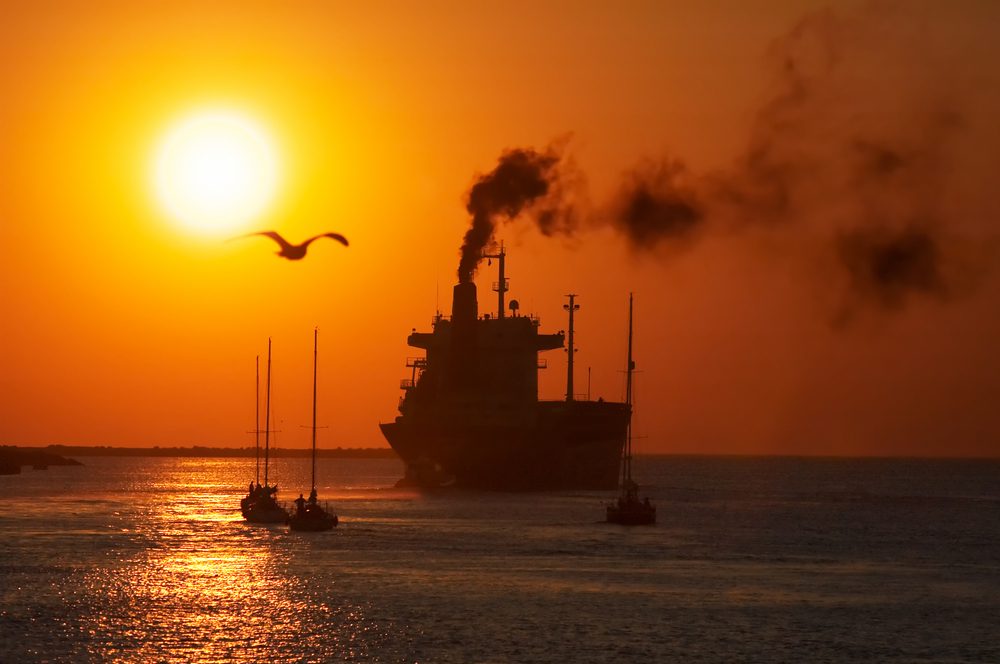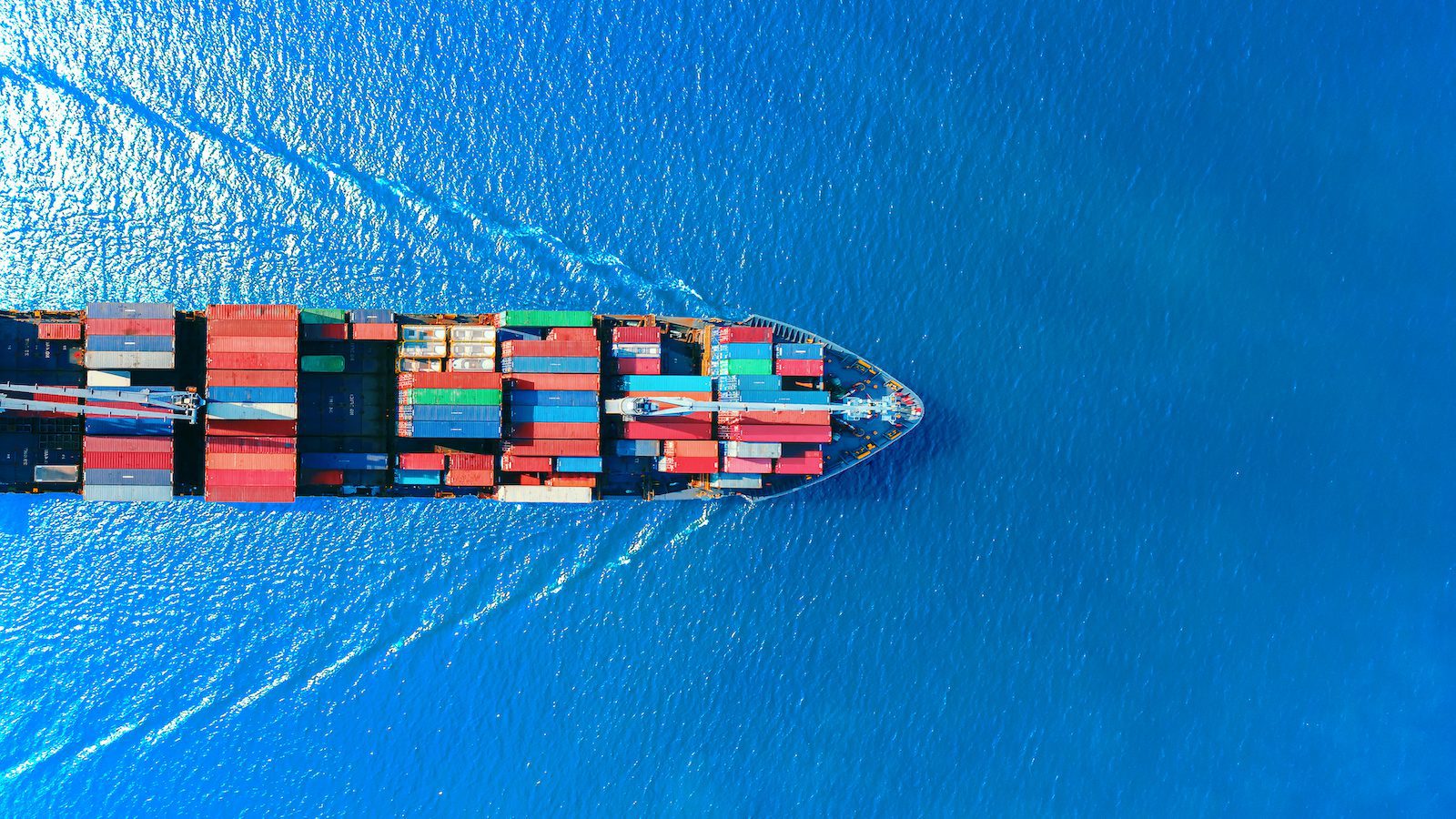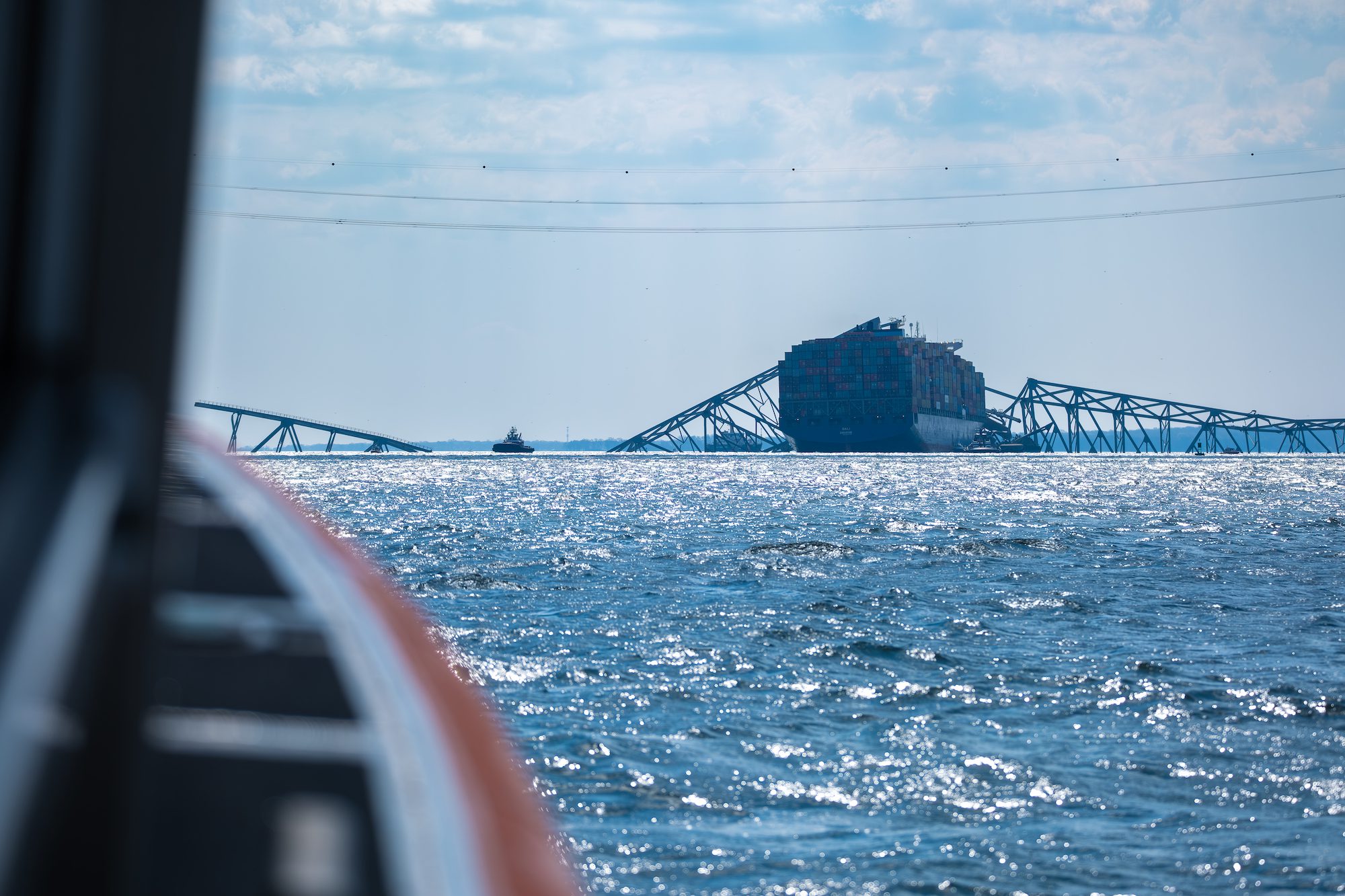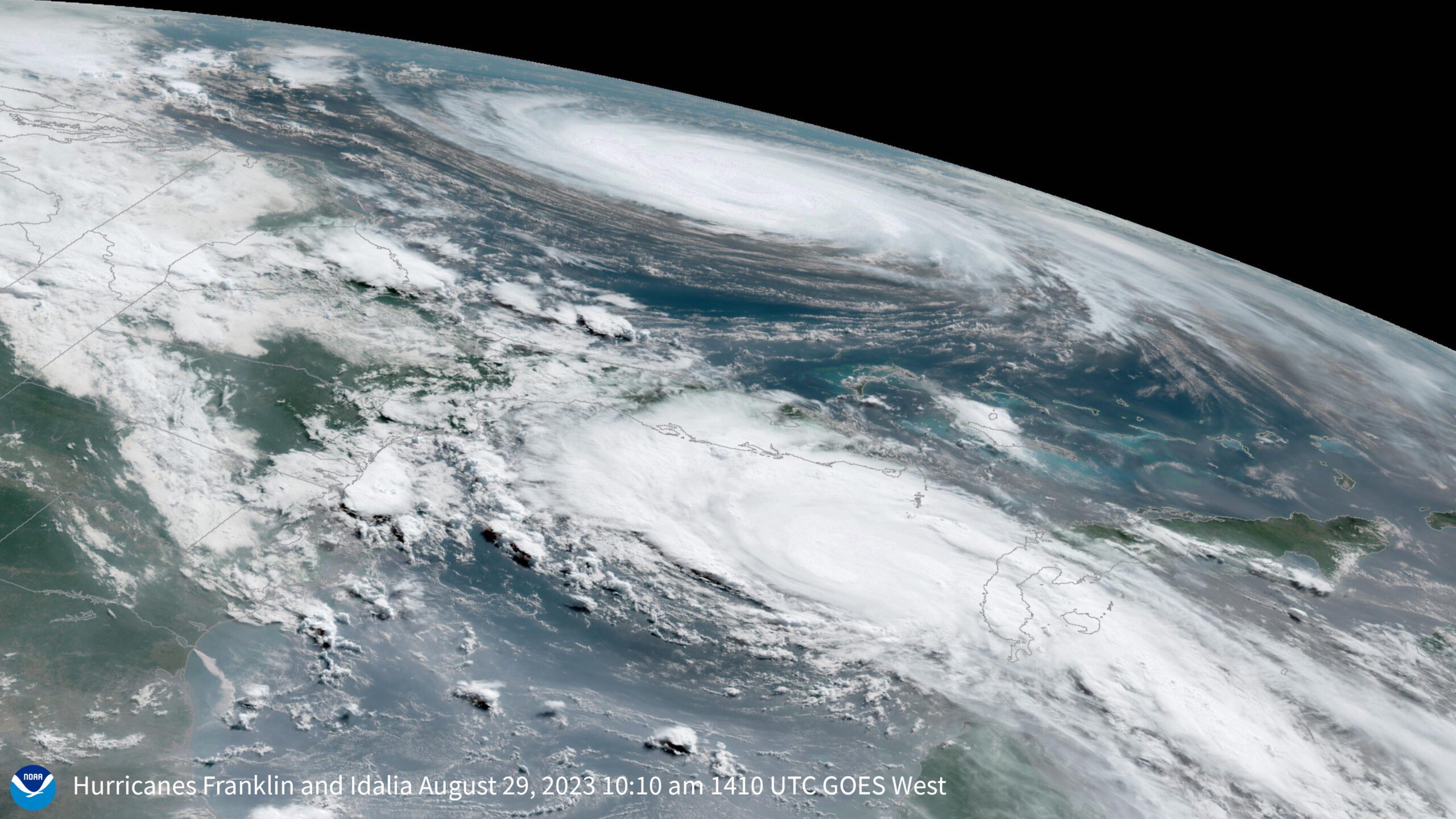By Barry Parker (gCaptain) –
Today, the International Maritime Organization (IMO’s) MEPC 80 meeting saw the adoption of a Revised Strategy for Greenhouse Gas emissions. The main points are summarized below:
- Levels of ambition directing the 2023 IMO GHG Strategy are as follows: carbon intensity of the ship to decline through further improvement of the energy efficiency for new ships to review with the aim of strengthening the energy efficiency design requirements for ships;
- carbon intensity of international shipping to decline to reduce CO2 emissions per transport work, as an average across international shipping, by at least 40% by 2030, compared to 2008;
- uptake of zero or near-zero GHG emission technologies, fuels and/or energy sources to increase
- uptake of zero or near-zero GHG emission technologies, fuels and/or energy sources to represent at least 5%, striving for 10%, of the energy used by international shipping by 2030; and
- GHG emissions from international shipping to reach net zero to peak GHG emissions from international shipping as soon as possible and to reach net-zero GHG emissions by or around, i.e. close to 2050, taking into account different national circumstances, whilst pursuing efforts towards phasing them out as called for in the Vision consistent with the long-term temperature goal set out in Article 2 of the Paris Agreement
The next steps will be to adopt a universal compulsory levy (economic elements), and fuel standards (technical elements); none of the exact specifics have been defined yet, rather the MEPC has until 2025 (when the MEPC 83 takes place) to work out the wording of “mid-term measures” and 2028 to work out points in the longer-term measures. An impact assessment of mid-term measures will be put together by mid 2024. The objectives set in the Revised Strategy are not hard and fast, as noted in the section on “Indicative Checkpoints” in getting to “net-zero GHG emissions by or around, i.e. close to 2050”.
- to reduce the total annual GHG emissions from international shipping by at least 20%, striving for 30%, by 2030, compared to 2008; and
- to reduce the total annual GHG emissions from international shipping by at least 70%, striving for 80%, by 2040, compared to 2008.
In reactions, delegates in their speeches noted that many compromises were made by various countries (colloquially, between the global south and the industrial north) in getting to the final results.
IMO’s Revised GHG Strategy for Shipping: Details and Reactions
Representing the prestigious side of the shipowning community (and charterers), the Global Maritime Forum, headquartered in Copenhagen, commented, in advance of the actual approval:
“Today, at MEPC80, the IMO member states had the historical opportunity to adopt an ambitious, Paris Agreement-aligned greenhouse gas emissions strategy that would enable shipping’s full decarbonisation by at least 2050. It’s a remarkable improvement that the revised GHG strategy now aims to achieve net-zero emissions by or around 2050, and the introduction of indicative 2030 and 2040 checkpoints for emissions reductions sends an important signal to governments and industry. However, the revised strategy falls short to provide the necessary clarity and strong commitments for a just and equitable Paris Agreement-aligned transition.”
The United States, in its comments, said that the new strategy “[Sends] a clear signal to all stakeholders that we need to take decisive action.”
The U.S. noted an objection to IMO wording that ties the new strategy to the Kyoto Protocol (as one of several “guiding principles”), which it never ratified.
Next steps provided by the IMO:
The 2023 Strategy sets out a timeline towards adoption of the basket of measures and adoption of the updated 2028 IMO GHG Strategy on reduction of GHG emissions from ships:
- MEPC 81 (Spring 2024) – Interim report on Comprehensive impact assessment of the basket of candidate mid-term measures/Finalization of basket of measures
- MEPC 82 (Autumn 2024) – Finalized report on Comprehensive impact assessment of the basket of candidate mid-term measures
- MEPC 83 (Spring 2025) – Review of the short-term measure to be completed by 1 January 2026
- MEPC 84 (Spring 2026) – Approval of measures / Review of the short-term measure (EEXI and CII) to be completed by 1 January 2026
- Extraordinary one or two-day MEPC (six months after MEPC 83 in Autumn 2025) – Adoption of measures
Target dates:
- MEPC 85 (Autumn 2026)
- 16 months after adoption of measures (2027) – Entry into force of measures
- MEPC 86 (Summer 2027) – Initiate the review of the 2023 IMO GHG Strategy
- MEPC 87 (Spring 2028)
- MEPC 88 (Autumn 2028) – Finalization of the review of the 2023 IMO GHG Strategy with a view to adoption of the 2028 IMO Strategy on reduction of GHG emissions from ships.
Unlock Exclusive Insights Today!
Join the gCaptain Club for curated content, insider opinions, and vibrant community discussions.

 Join The Club
Join The Club













